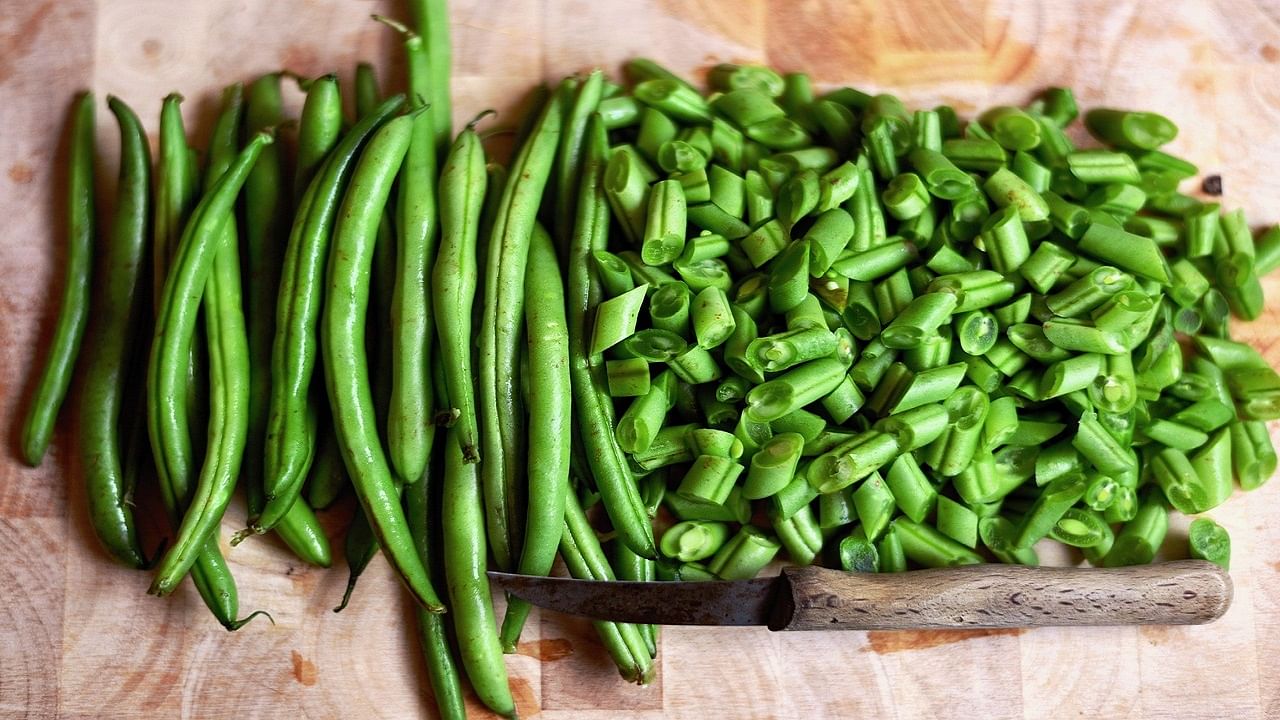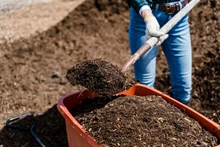
Blueberries are loved by nutritionists for their anti-inflammatory properties and have joined the fibre-rich green beans in this year’s Dirty Dozen of non-organic yield with the most pesticides as per the Environmental Working Group, a non-profit environmental health organization.
The 2023 Shopper's Guide to Pesticides in Produce presents findings from an analysis of testing data conducted by the US Department of Agriculture (USDA). Researchers examined 46,569 samples of 46 fruits and vegetables, which were tested annually by USDA staff. These staff members followed consumer-like practices such as washing, peeling, or scrubbing the produce before examining them for 251 different pesticides.
What is Dirty Dozen?
Dirty Dozen is a list of fruits and veggies containing the highest pesticide levels. The Environmental Working Group (EWG) publishes the list every year.
What’s on the Dirty Dozen List?
According to the Environmental Working Group's report in 2022, strawberries and spinach remained the top two items on the Dirty Dozen list, with kale, collard greens, and mustard greens following closely.
Peaches, pears, nectarines, apples, grapes, bell peppers, hot peppers, and cherries were also included.
The report highlighted that a total of 210 pesticides were detected in these twelve foods. Notably, kale, collard greens, and mustard greens contained the highest variety of pesticides, with 103 different types, while hot and bell peppers contained 101 types.
Also, the report emphasized the need for stricter federal regulations and oversight, as some of the pesticides found were already banned by the Environmental Protection Agency.
What are the ‘Clean 15’ fruits and vegetables?
Consumers who are concerned about pesticides can opt for conventionally grown fruits and vegetables from the Environmental Working Group's Clean 15 list, which features crops that have tested lowest in pesticide levels. The report revealed that nearly 65% of the foods on this list showed no detectable levels of pesticides.
Avocados once again secured the top spot as the least contaminated produce in 2023, followed by sweet corn in second place. Pineapple, onions, papaya, frozen sweet peas, asparagus, honeydew melon, kiwi, cabbage, mushrooms, mangoes, sweet potatoes, watermelon, and carrots were also included on the Clean 15 list.

Green Beans contain 84 different pesticides
As per the reports, nearly 90% of blueberry and green beans samples showed concerning findings regarding pesticide contamination. In 2016, when green beans were last inspected, they were found to contain 51 different pesticides.
However, in the latest round of testing, 84 different pesticides were detected, and 6% of the samples tested positive for acephate, an insecticide that was banned by the EPA for use on vegetables in 2011.
Notably, one non-organic green bean sample had acephate levels 500 times higher than the EPA's limit. Alexis Temkin, a senior toxicologist at the EWG, highlighted these findings. Moving on to blueberries, when tested in 2014, they contained over 50 different pesticides. Subsequent testing in 2020 and 2021 revealed a similar number of pesticides, with 54 different types detected.
Phosmet and malathion, two insecticides, were found on nearly 10% of blueberry samples, although their levels have decreased over the past decade.
Hence, experts recommend not giving up fruits and vegetables with higher pesticide levels as they are essential for a balanced diet. Instead, they suggest opting for organic versions of the most contaminated crops to minimize pesticide exposure. Although organic foods do not provide additional nutrition, they generally have minimal to no pesticide residue, according to experts.











